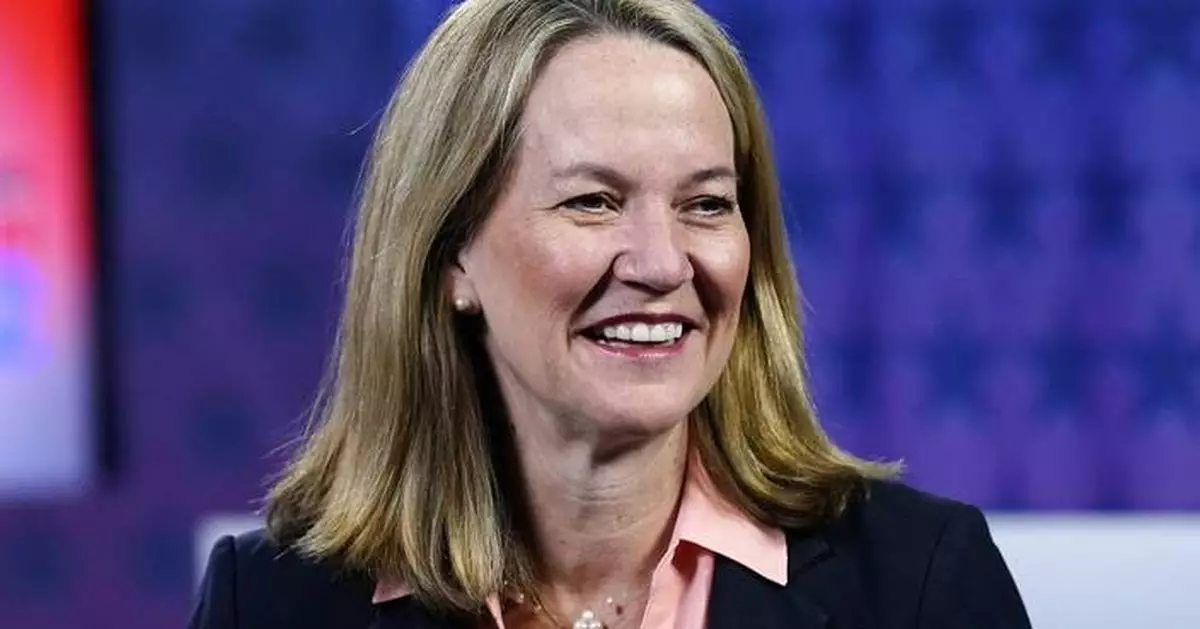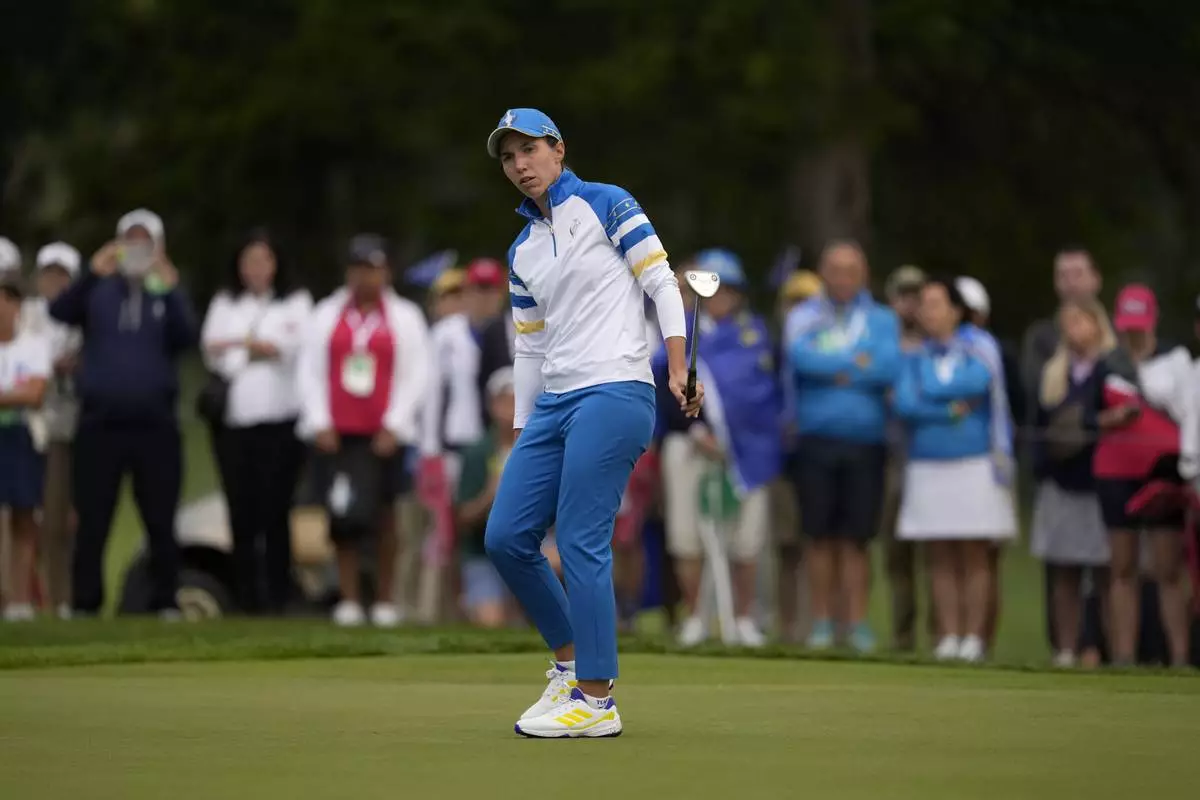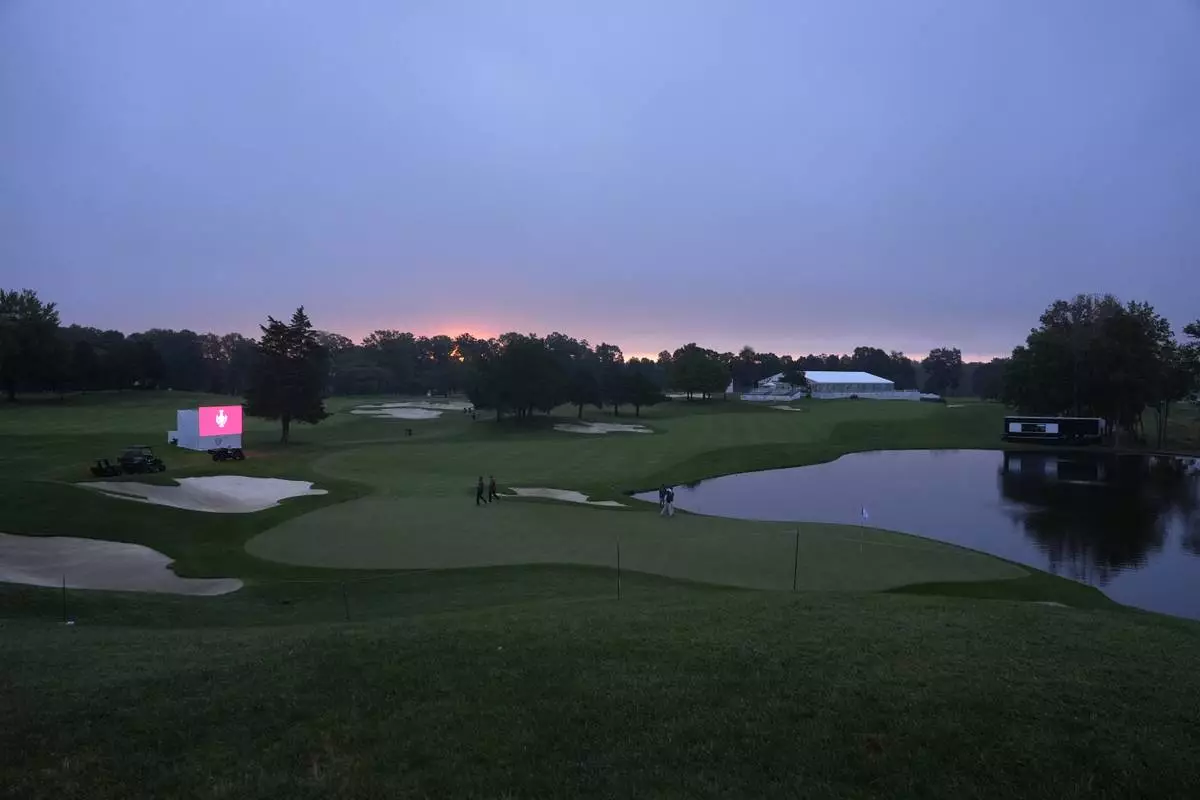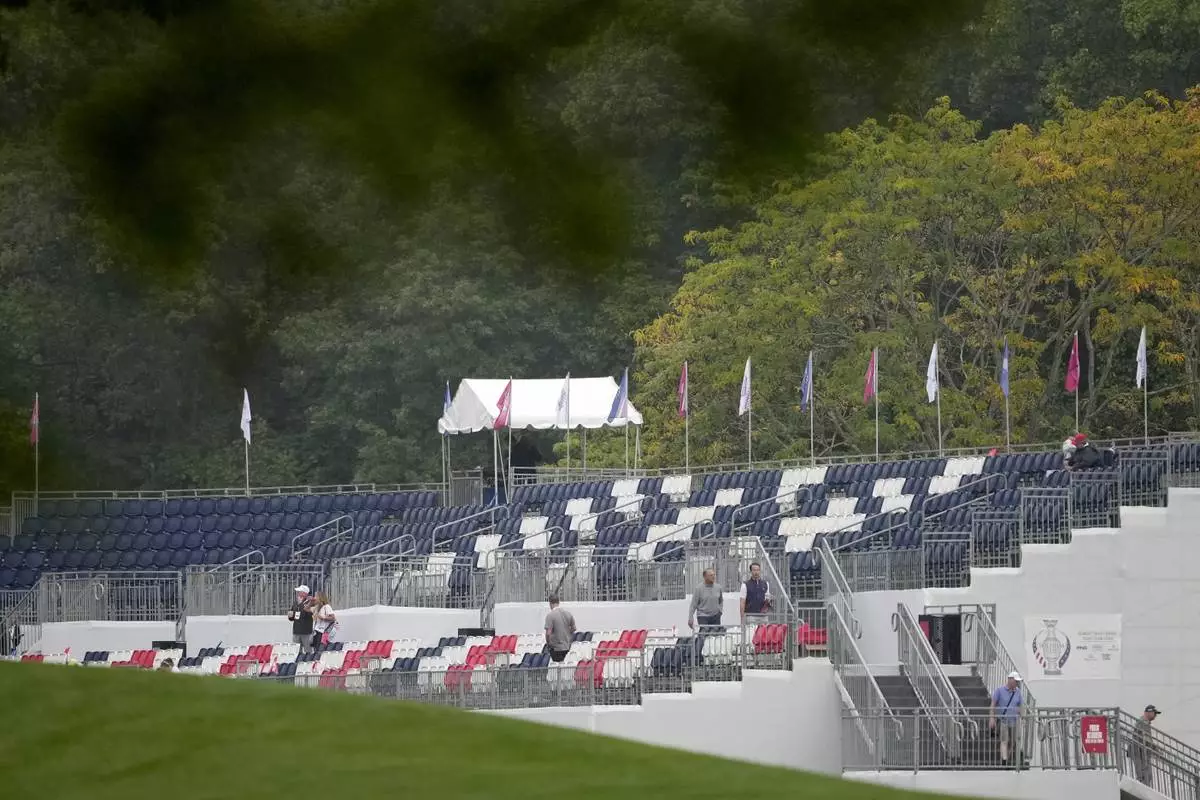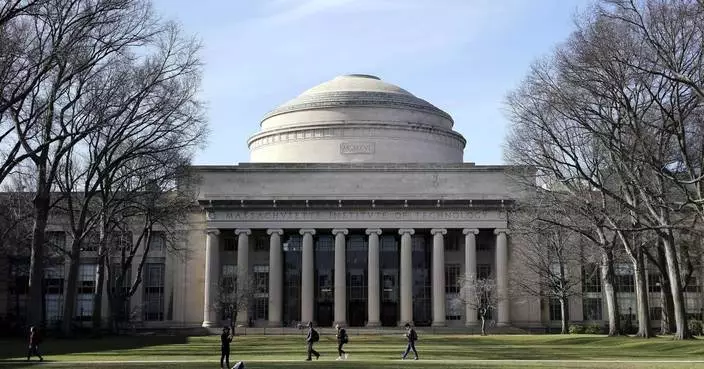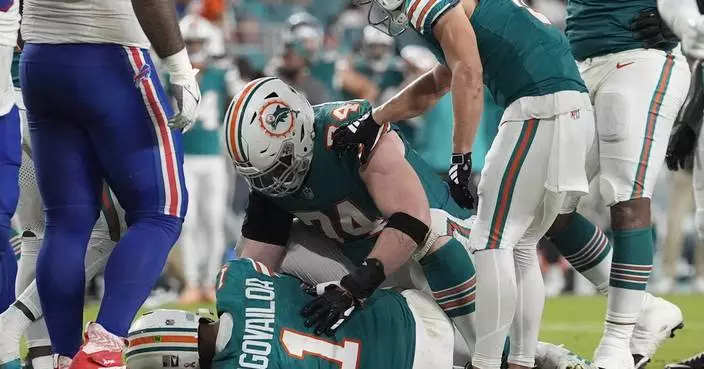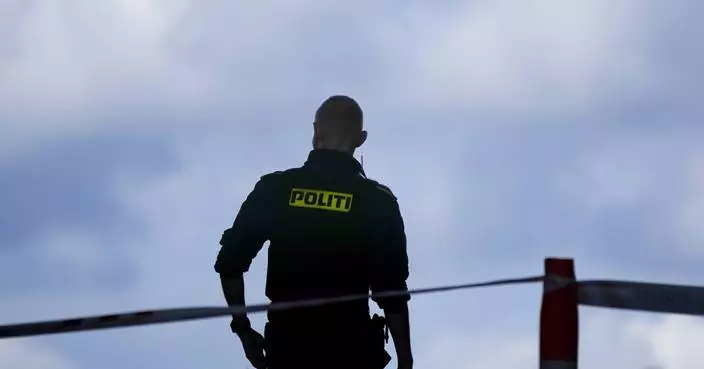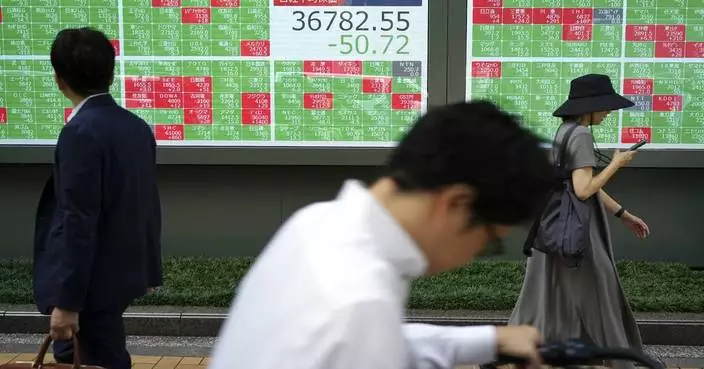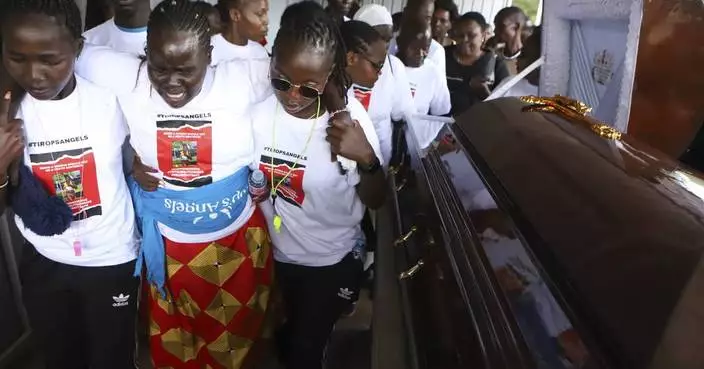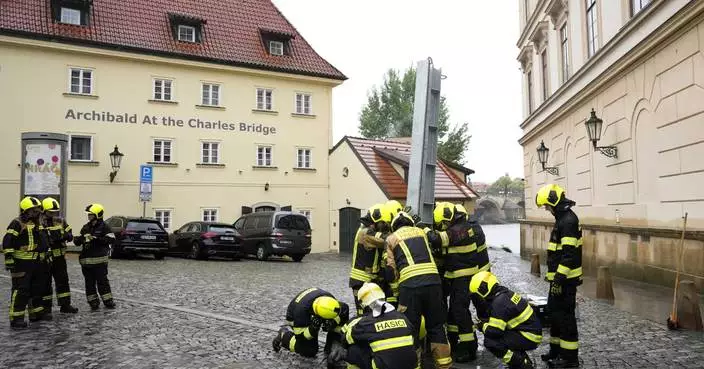PHOENIX (AP) — A lawyer for Rudy Giuliani said Monday that the charges against his client in Arizona’s fake elector case should be thrown out because Giuliani did nothing criminal in contesting Joe Biden’s narrow 2020 victory in the state over Donald Trump.
An indictment said Giuliani spread false claims of election fraud in Arizona after the 2020 election and presided over a downtown Phoenix gathering where he claimed officials made no effort to determine the accuracy of presidential election results.
Attorney Mark Williams said Giuliani was exercising his rights to free speech and petition the government. “How is Mr. Giuliani to know that, oh my gosh, he presided over a meeting in downtown Phoenix,” Williams asked sarcastically. “How is he to know that that’s a crime?”
Maricopa County Superior Court Judge Bruce Cohen is hearing arguments over whether to dismiss charges against Republicans who signed a document falsely claiming Trump won Arizona and others who are accused of scheming to overturn the presidential race’s outcome.
Cohen hasn’t yet issued decisions on the dismissal requests. Arguments over whether to throw out the case will continue Tuesday.
While not a fake elector in Arizona, the indictment alleged Giuliani pressured Maricopa County officials and state legislators to change the outcome of Arizona’s results and encouraged Republican electors in the state to vote for Trump in mid-December 2020.
At least a dozen defendants are seeking a dismissal under an Arizona law that bars using baseless legal actions in a bid to silence critics. The law had long offered protections in civil cases but was amended in 2022 by the Republican-led Legislature to cover people facing most criminal charges.
The defendants argue Democratic Attorney General Kris Mayes tried to use the charges to silence them for their constitutionally protected speech about the 2020 election and actions taken in response to the race’s outcome. They say Mayes campaigned on investigating the fake elector case and had shown a bias against Trump and his supporters.
Prosecutors say the defendants don’t have evidence to back up their retaliation claim and they crossed the line from protected speech to fraud. Mayes’ office also has said the grand jury that brought the indictment wanted to consider charging the former president, but prosecutors urged them not to.
Dennis Wilenchik, an attorney for defendant James Lamon, who had signed a statement claiming Trump had won Arizona, argued his client signed the document only as a contingency in case a lawsuit would eventually turn the outcome of the presidential race in Trump's favor in Arizona.
“My client, Jim Lamon, never did anything to overthrow the government,” Wilenchik said.
Prosecutor Nicholas Klingerman said the defendants’ actions don’t back up their claims that they signed the document as a contingency.
One defendant, attorney Christina Bobb, was working with Giuliani to get Congress to accept the fake electors, while another defendant, Anthony Kern, gave a media interview in which he said then-Vice President Mike Pence would decide which of the two slates of electors to choose from, Klingerman said.
“That doesn’t sound like a contingency,” Klingerman said. “That sounds like a plan to cause turmoil to change the outcome of the election.”
In all, 18 Republicans were charged with forgery, fraud and conspiracy. The defendants consist of 11 Republicans who submitted a document falsely claiming Trump won Arizona, two former Trump aides and five lawyers connected to the former president, including Rudy Giuliani.
So far, two defendants have resolved their cases.
Former Trump campaign attorney Jenna Ellis, who worked closely with Giuliani, signed a cooperation agreement with prosecutors that led to the dismissal of her charges. Republican activist Loraine Pellegrino also became the first person to be convicted in the Arizona case when she pleaded guilty to a misdemeanor charge and was sentenced to probation.
The remaining defendants have pleaded not guilty to the charges. Their trial is scheduled to start Jan. 5, 2026.
Former Trump presidential chief of staff Mark Meadows is trying to move his charges to federal court, where his lawyers say they will seek a dismissal of the charges.
Trump was not charged in Arizona, but the indictment refers to him as an unindicted coconspirator.
In a filing, Mayes' office said as grand jurors were considering possible charges, a prosecutor asked them not to indict Trump, citing a U.S. Justice Department policy that limits the prosecution of someone for the same crime twice. The prosecutor also didn’t know whether authorities had all the evidence they would need to charge Trump at that time.
It also accused him of pressuring Maricopa County officials and state legislators to change the outcome of Arizona’s results and encouraging Republican electors in the state to vote for Trump in mid-December 2020.
Eleven people who had been nominated to be Arizona’s Republican electors met in Phoenix on Dec. 14, 2020, to sign a certificate saying they were “duly elected and qualified” electors and claimed Trump had carried the state in the 2020 election.
President Joe Biden won Arizona by 10,457 votes. A one-minute video of the signing ceremony was posted on social media by the Arizona Republican Party at the time. The document later was sent to Congress and the National Archives, where it was ignored.
Prosecutors in Michigan, Nevada, Georgia and Wisconsin have also filed criminal charges related to the fake electors scheme. Arizona authorities unveiled the felony charges in late April.
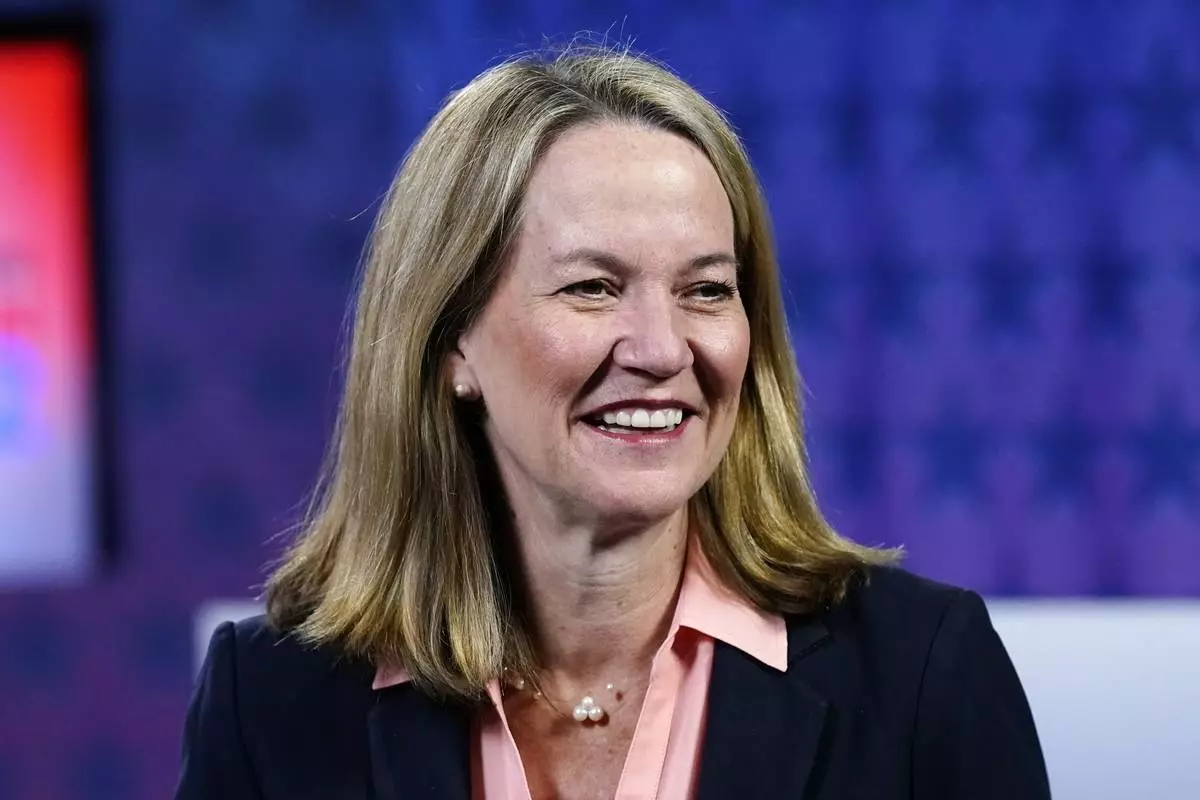
FILE - Kris Mayes smiles before a debate on Sept. 28, 2022, in Phoenix. (AP Photo/Ross D. Franklin, File)


